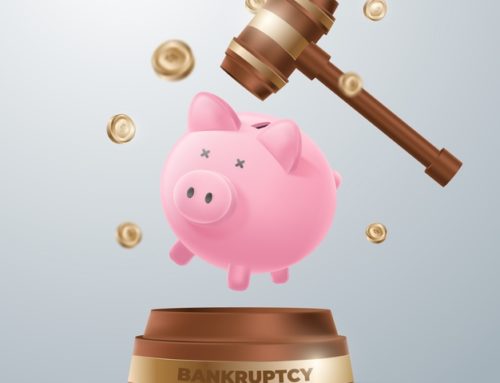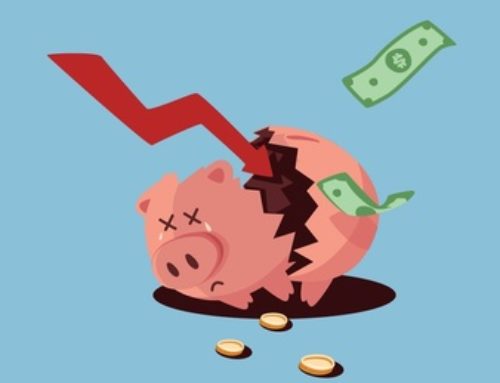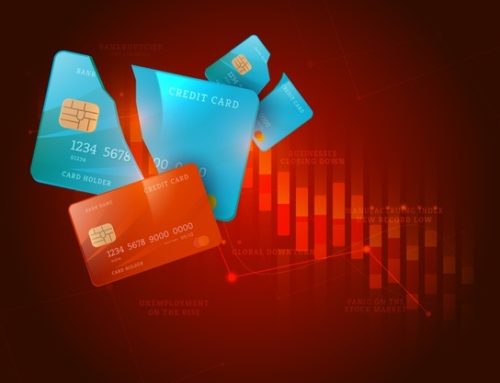The pandemic has overwhelmed many people with piles of medical debt, credit card debt, and tax debt. Bankruptcy protection has saved many Americans from their financial problems and given them a fresh start in life.
A home is one of the valuable assets people can have so it’s understandable for you to want to protect it when you file for bankruptcy. West Virginia has a homestead exemption that allows you to protect some or all of the equity in your home. Read on to learn more about how bankruptcy works with West Virginia’s homestead exemption, and how you can qualify.
If you’re experiencing financial hardship now, you may be afraid and want to avoid bankruptcy. Don’t worry, you’re not alone. Even the most financially responsible individuals can fall victim to financial troubles, especially in these unprecedented times. In our book, “When Bad Things Happen to Good People,” we demonstrate just this and how bankruptcy provides an effective solution. Call our Wheeling WV bankruptcy office now to request a free copy!
An Overview of Chapter 7 Bankruptcy
Why Chapter 7?
 There are two chapters in the US bankruptcy code under which individuals usually file: Chapter 7 and Chapter 13.
There are two chapters in the US bankruptcy code under which individuals usually file: Chapter 7 and Chapter 13.
Chapter 7 is a straight bankruptcy where your nonexempt property is sold for the benefit of your creditors through liquidation. After this, whatever dischargeable debts you have will be eliminated. To qualify for this bankruptcy chapter, your income has to be below a certain threshold which is determined through the means test.
For people who want to keep their homes, their best bet is usually a Chapter 13 bankruptcy as it allows debtors to reorganize their debt and prevent foreclosure of their homes. However, you need to have a steady income to qualify for this chapter, which may be difficult if you’re filing bankruptcy in the first place.
A debtor in overwhelming financial trouble usually looks to file Chapter 7 to eliminate their debt. Debtors looking to save their home with a Chapter 13 reorganization but fail to qualify can still look to the homestead exemption when filing bankruptcy chapter 7.
If you want to know whether filing Chapter 7 is best for you, it’s best to ask our experienced Wheeling bankruptcy lawyers to discuss your options! There are different types of bankruptcy, and the best depends on your situation.
How Chapter 7 Works
Counseling and Paperwork
First, you have to undergo credit counseling and fill out the required forms that list your assets and liabilities.
When you submit the bankruptcy petition, the court orders an automatic stay, preventing anyone – debt collectors, collection agencies, or their lawyers – from conducting any effort to collect your debt.
Bankruptcy Trustee
The bankruptcy court will appoint a bankruptcy trustee to oversee the entire process. They will determine which of your assets can be liquidated for the benefit of your creditors. They will also schedule the meeting of creditors where they can ask you questions in the presence of the trustee.
Debt Repayment
The trustee reviews your assets and finances. Certain kinds of property are exempt from liquidation, meaning you get to keep them. Exempt properties are those deemed necessary for a basic standard of living. Everything else is nonexempt and will be seized to pay off your creditors.
The CARES Act (Coronavirus Aid, Relief, and Economic Security) exempts pandemic-related benefits and aid from the calculation of your income for bankruptcy.
Two kinds of debt will be paid off: priority unsecured debts and nonpriority unsecured debt. Priority debts such as child support and tax debts will all be paid off first before paying off the nonpriority debt.
Discharging the Debt
A discharge releases you from any personal liability for payment. This means you are no longer required to pay them off.
Most of your debts will be discharged under Chapter 7. Nondischargeable debts are those related to income taxes, student loans, child support, and alimony, along with some government debts.
You can expect to receive your discharge around two months after the meeting of creditors.
Bankruptcy law can be complicated. If you need help filing for bankruptcy or if you want to make sure the bankruptcy process goes smoothly, consider talking to our experienced Wheeling WV bankruptcy attorney.
Homestead Exemption in West Virginia
West Virginia does not allow bankruptcy filers to use the federal exemption system in their bankruptcies. You’ll find West Virginia’s homestead exemption on the West Virginia Legislature’s State Statutes & Constitution webpage (W. Va. Code Section 38-10-4.).
In the state, you can exempt up to $35,000 in equity for any real or personal property used as your residence. Effectively, this lets you protect any property of your choice.
You can double your exemption amount to $70,000 provided you meet the following criteria:
You can increase that amount to $70,000 if these conditions are met:
- You are married;
- You and your spouse are co-owners of the property; and
- You filed bankruptcy jointly with your spouse.
How to Declare your Homestead in West Virginia
Good news! You do not have to file anything to get a homestead declaration. It’s automatic!
However, you still need to claim it in your petition for bankruptcy. There may be other requirements depending on the bankruptcy chapter you are filing.
How to Qualify for a Homestead Exemption
The homestead exemption amounting only applies to bankruptcies. You can protect a lesser amount in your home, so long as you are a parent or husband living in West Virginia, or a child of a deceased parent. You can ask our knowledgeable Wheeling bankruptcy lawyer to explain this further.
Final Thoughts
A homestead exemption lets you protect one of your most valuable assets. Even when declaring bankruptcy, bankruptcy laws afford you certain rights to protect your property.
If you’re unsure about filing for bankruptcy, check out our book “When Bad Things Happen to Good People,” where we talk about how bankruptcy can solve your financial problems. This is written by our experienced Wheeling bankruptcy attorneys at Thomas E. McIntire & Associates, L.C. We’ve handled hundreds of bankruptcy cases and are more than capable of providing you debt relief through bankruptcy!
If you want to declare bankruptcy and need to ensure that everything goes well for you, call our Wheeling bankruptcy law firm to schedule a free consultation.




